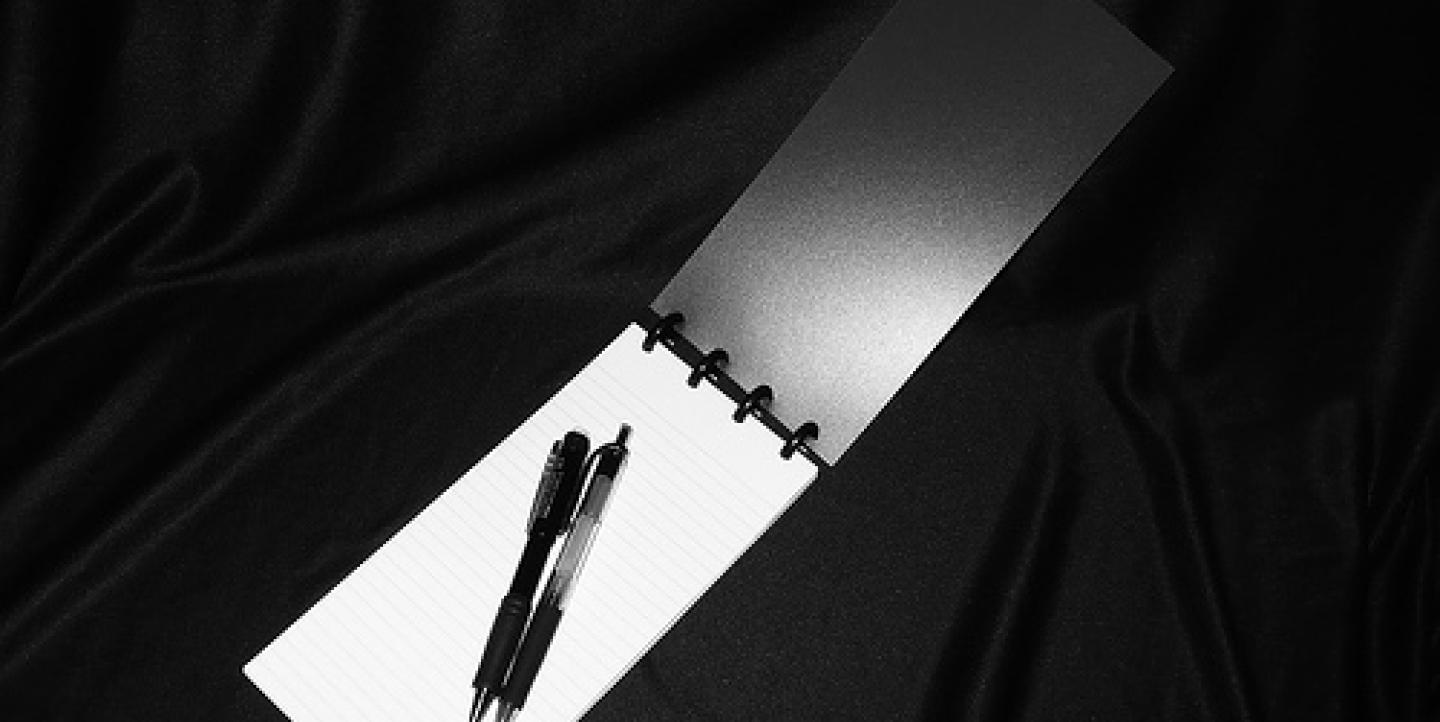When hundreds of people apply for a fellowship or to a training course, how can you stand out and get accepted?
If anyone knows what it takes, it's Patrick Butler, who has has reviewed thousands of fellowship and training applications in his position as vice president for programs at the International Center for Journalists.
Butler shared his tips and advice for landing a fellowship during an IJNet live chat this week. Here are some of the highlights from the chat:
What's the best way to stand out from the crowd in a fellowship project proposal?
Patrick Butler: I like proposals that show the need, explain in a detailed way how you will carry it out, make the case for why it is "doable" and then explain what will be different because of your project. Show me that you have the skills to accomplish it. Show me that you have a media organization that is willing to partner with you on it. Give me a quote from someone important that says how this will make a difference.
As a bilingual person, is it good to submit writing samples in different languages?
PB: You might want to ask specifically whether they accept writing samples in other languages, and which ones. If not, you want to translate the article, or at least the main points of it, into English or whatever is the appropriate language. It is good to have someone read it to correct grammar and spelling, but not to change your voice so that you sound like an English professor. If your essay is absolutely perfect, and then we talk by phone/Skype and it is obvious that your English is not that good, I may think that you didn't write it.
How big a factor is age?
PB: If you're just starting out, we may not be sure that you're going to stick with journalism. Mid-career people have shown a commitment to the field but still have plenty of time to make a difference. For many fellowships, you’ll probably need at least five years. But if you can argue that you have many years of experience in something related and useful but not in journalism, you may still be successful.
Is it better to send the application cold-approach style or to contact the fellowship organization directly?
PB: There's no harm in contacting people at the foundation/NGO, but they may feel that it would be a conflict of interest for them to give you very specific advice. You can ask to talk to people who have been fellows before, and then get their advice.
How much does being an independent journalist rather than being associated with a big brand count in getting a fellowship?
PB: I think either can be a good candidate. If you work for a major media, you can make the case that your work reaches many people. But if you are more of an independent journalist or freelancer, you can make the case that you are free from some of the problems big media have--political or economic conflicts of interest.
For freelance journalists, I always look to make sure they have a media organization that is regularly using their work. You don't want to give a fellowship to someone who is writing for an audience of no one, so show that you do have an audience if you're a freelancer.
Which kind of reference is better? Someone who is not directly related to journalism, but has worked with me for a long time or an accomplished media professional who worked with me for a few weeks?
PB: Both are useful. If you can send more than one reference, send them both. But just “a few weeks” may be too short. It would be hard for that person to really give an assessment of your suitability for a fellowship knowing you for such a short time.
If you can give me someone as a reference whom I know and trust, that makes a big difference. It's not required, of course, but I feel more confident choosing someone for a program if they get a glowing recommendation from someone I know and trust.
Related reading: Six mistakes journalists make when applying for fellowships and training
Image CC-licensed on Flickr via grafixtek.

